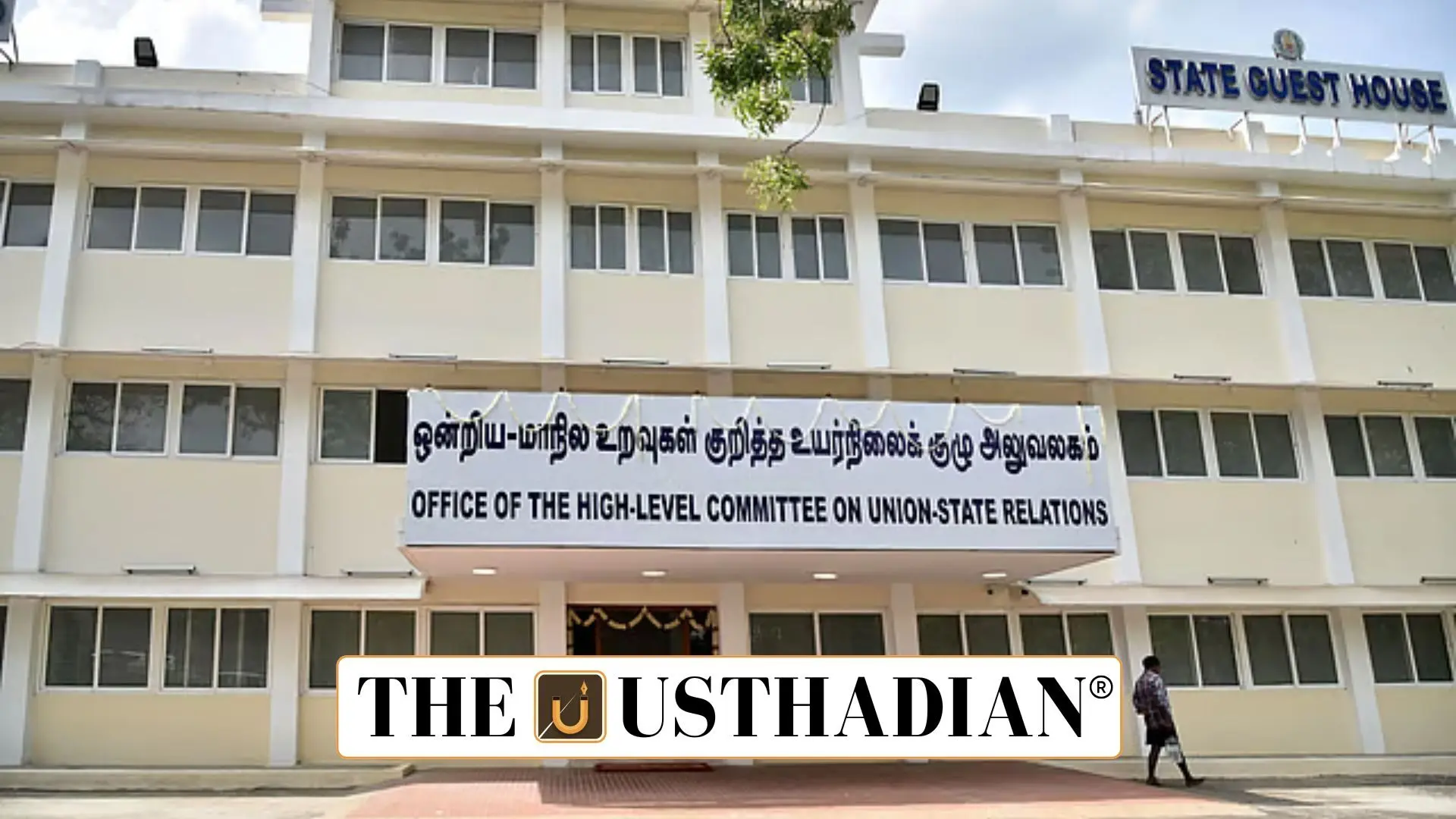A New Committee, An Old Concern
Tamil Nadu’s High-Level Panel on Centre-State Relations: A New Chapter in Federal Debate: In a bold step towards reasserting state rights, Tamil Nadu Chief Minister M.K. Stalin has announced the formation of a high-level committee to review the Centre-State relationship in India. This isn’t the first time Tamil Nadu has taken such an initiative. Nearly five decades ago, the state led by C.N. Annadurai commissioned a similar study—known as the Rajamannar Committee—which stirred debate on India’s federal structure.
Now in 2025, history seems to be repeating itself, with Justice Kurian Joseph set to head this new panel. The committee reflects growing discomfort among several states over the centralisation of power and seeks to explore whether India’s federal promises are still being honoured.
What the Rajamannar Committee Found
The 1969 Rajamannar Committee, under Dr. P.V. Rajamannar, did not mince words. While India’s Constitution appears federal, its implementation leaned heavily towards central control. Articles 256, 257, and 365 allow the Union government to issue directions to states. More contentiously, the committee called for the repeal of Article 356, which allows for the imposition of President’s Rule. The committee recommended establishing a permanent Inter-State Council to facilitate effective coordination and safeguard the interests of the states. It also criticised institutions like the Planning Commission (now replaced by NITI Aayog) for operating beyond constitutional limits, fostering financial dependency among states, and undermining the Finance Commission, which was constitutionally designated for that role.
Why Now? The Current Political Backdrop
The Kurian Joseph Committee was formed amid a politically charged atmosphere. Tamil Nadu’s friction with the Centre has increased over issues like NEET, language imposition, and GST compensation delays. These disputes echo Annadurai’s warnings: when the Centre stretches too far, it doesn’t get stronger—it weakens the federal spirit.
With multiple states now facing similar issues, this committee could reignite national discussions on true federalism. The fact that Tamil Nadu, a state with a strong history of advocating state autonomy, is leading the charge is both strategic and symbolic.
What to Expect Next?
While the committee is expected to review constitutional provisions, recommend legal reforms, and rethink Centre-State finances, the big question remains: will the Centre respond?
Previous reports, including those of the Rajamannar Committee and Sarkaria Commission, saw limited follow-up. For this initiative to make real impact, it must inspire interstate consensus and civil society engagement.
STATIC GK SNAPSHOT
Tamil Nadu’s High-Level Panel on Centre-State Relations: A New Chapter in Federal Debate:
| Topic | Details |
| Committee Name | Justice Kurian Joseph Committee on Centre-State Relations |
| Announced By | CM M.K. Stalin, Tamil Nadu |
| Historic Reference | Rajamannar Committee (1969) under Dr. P.V. Rajamannar |
| Key Articles Reviewed | 256, 257, 356, 365 |
| Repeal Recommended (1969) | Article 356 (President’s Rule) |
| Proposed Reforms (1969 | Establishment of an Inter-State Council and reassessment of the Finance Commission’s authority |
| Relevance | Reinforces federalism, critiques central overreach |
| Similar State Movements | Issues include NEET, GST, Language Policy |








